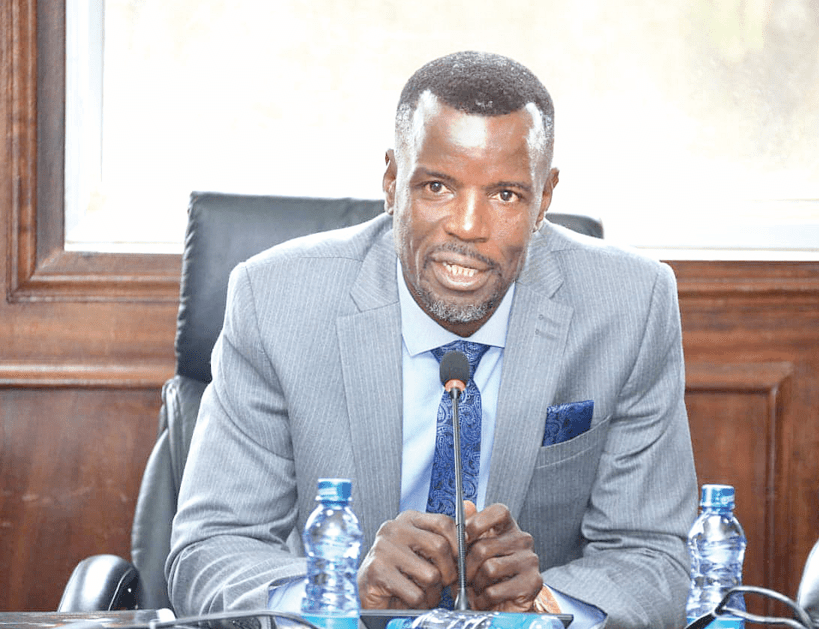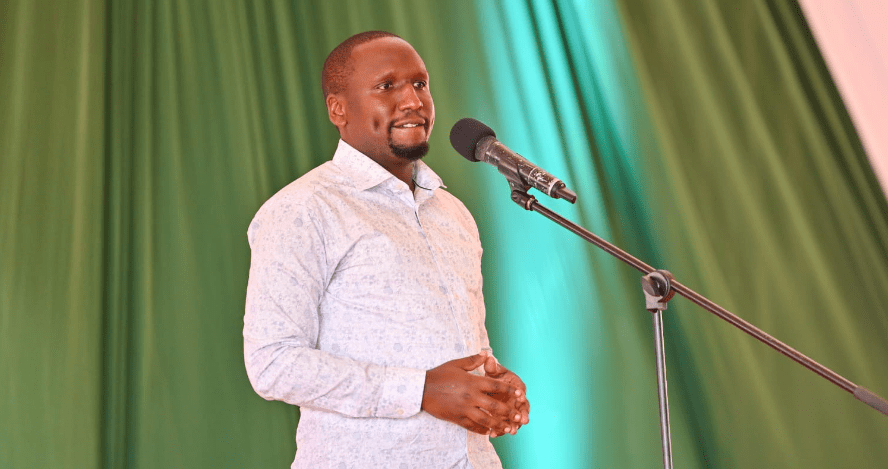‘People’s interests must come first’ – Millicent Omanga tells MPs to learn from South Korea’s example

Former nominated Senator Millicent Omanga has hailed South Korea’s parliament for standing up to the president, who had declared martial law in the Asian country.
South Korea’s President Yoon Suk Yeol declared martial law on Tuesday, December 3, 2024, saying it was critical for defending the country’s constitutional order. Parliament convened later to vote against the move by the president, who later lifted the order after the vote by the lawmakers.
“South Korean parliament has, without a doubt, restored the faith of the people they represent in democracy and has become a shining example of how parliaments around the world should operate.
“People’s interests must come first!” Omanga said in a post on X on Wednesday, December 4, 2024.
After parliament voted against the president’s martial law order, he now faces what looks like an inevitable impeachment. President Yoon took the move after frustrations he encountered with the opposition who control parliament.
Police and military personnel stormed parliament after the declaration but later moved out when the order was formally lifted.
Further opposition
South Korea‘s National Assembly Speaker Woo Won Shik declared that the law was invalid and that the MPs would protect democracy with the people.
Opposition leader Lee Jae-myung said the declaration of martial law was unconstitutional and called for the public to protest outside parliament.
Finally, the MPs voted to block the president’s declaration, which was active for just six hours.
The government must lift martial law if the majority of the National Assembly demands it in a vote; that is according to the constitution of South Korea.
What is martial law?
It enacts temporary rule by the military and is usually invoked in times of war, rebellion, or natural disaster.
When martial law is in effect, the military commander has unlimited authority to make and enforce laws.
It suspends all existing laws – meaning there can be a suspension of normal civil rights and the use of military law on the civilian population.












